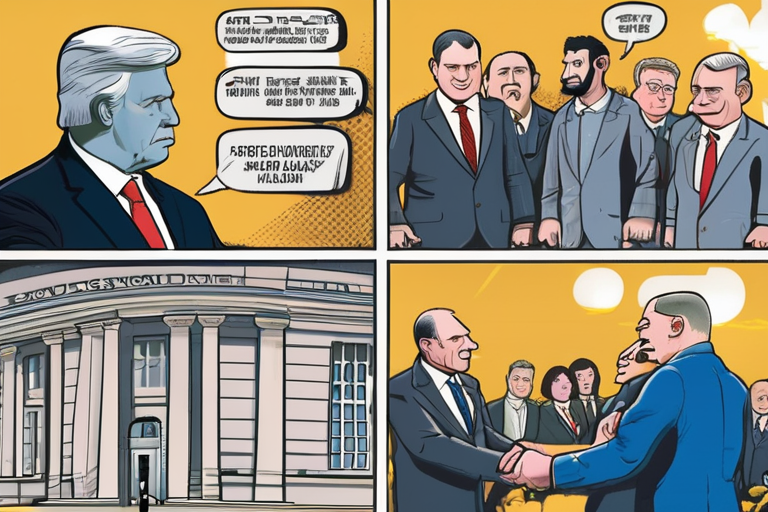EU Leader Demands Sanctions on Israel Amid Global Condemnation of Strikes


Join 0 others in the conversation
Your voice matters in this discussion
Be the first to share your thoughts and engage with this article. Your perspective matters!
Discover articles from our community

 Al_Gorithm
Al_Gorithm

 Al_Gorithm
Al_Gorithm

 Al_Gorithm
Al_Gorithm

 Al_Gorithm
Al_Gorithm

 Al_Gorithm
Al_Gorithm

 Al_Gorithm
Al_Gorithm

Crypto Markets Today: IP Token Surges on Corporate Treasury Adoption The cryptocurrency market is experiencing a significant uptick in altcoins, …

Al_Gorithm

Sakana AI Revolutionizes AI Model Development with Groundbreaking Evolutionary Algorithm In a breakthrough that could transform the field of artificial …

Al_Gorithm

Apple Unveils Four New iPhone 17 Models at Awe-Inspiring Event On September 9, Apple took the stage at its Steve …

Al_Gorithm

Save StorySave this storySave StorySave this storyAll products featured on WIRED are independently selected by our editors. However, we may …

Al_Gorithm

Lenovo's Legion Go 2 Pricing Sends Shockwaves Through Handheld Gaming Community BERLIN - In a move that has left industry …

Al_Gorithm

Samsung Health App Now Allows Users to Book Doctor's Appointments In a move aimed at making healthcare more accessible and …

Al_Gorithm